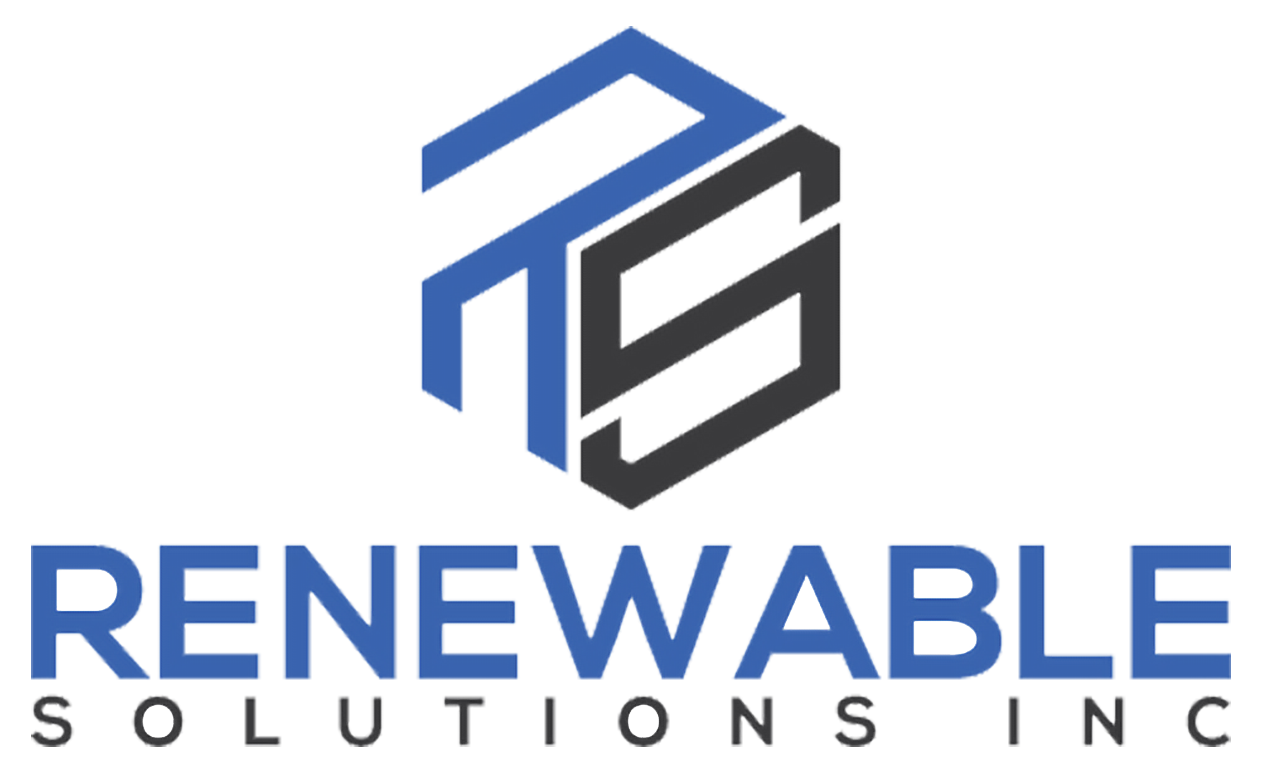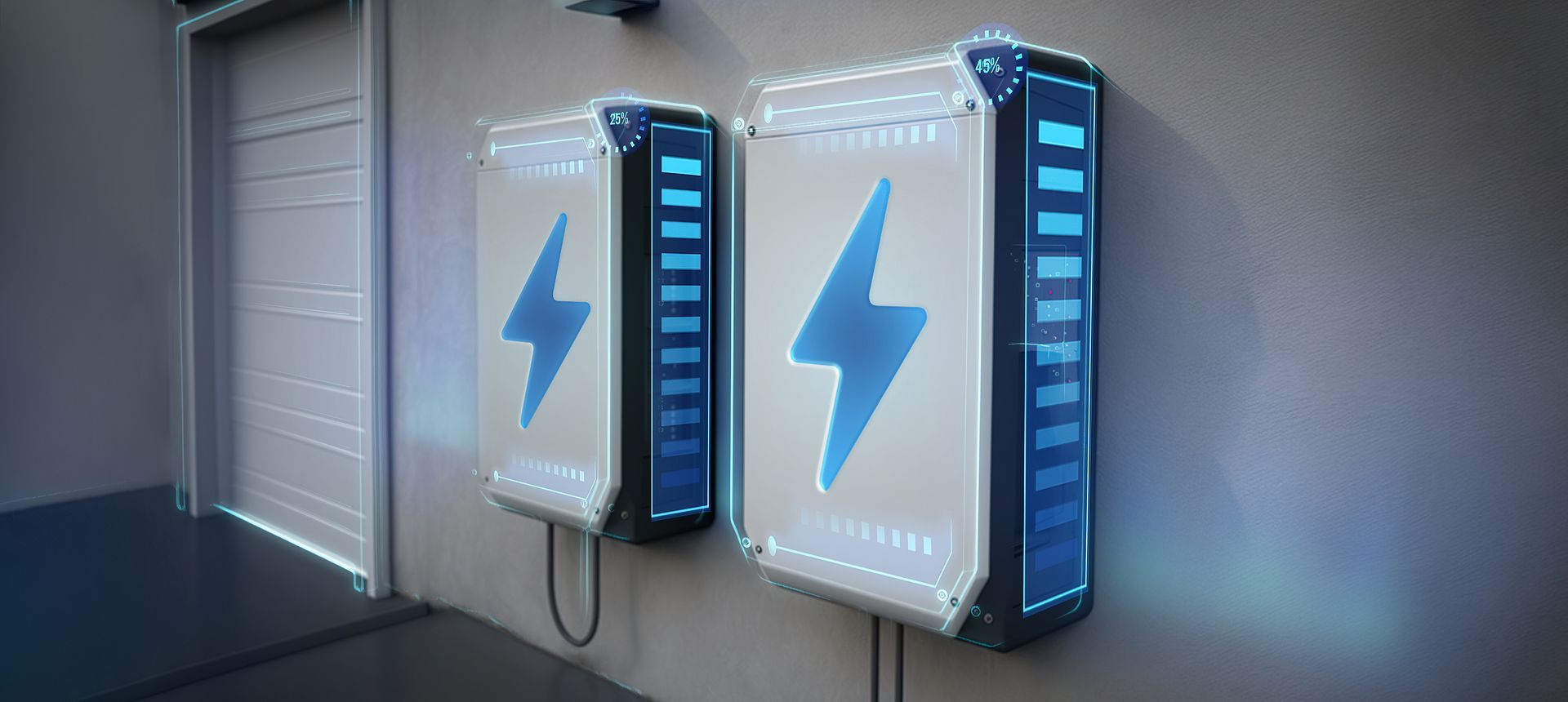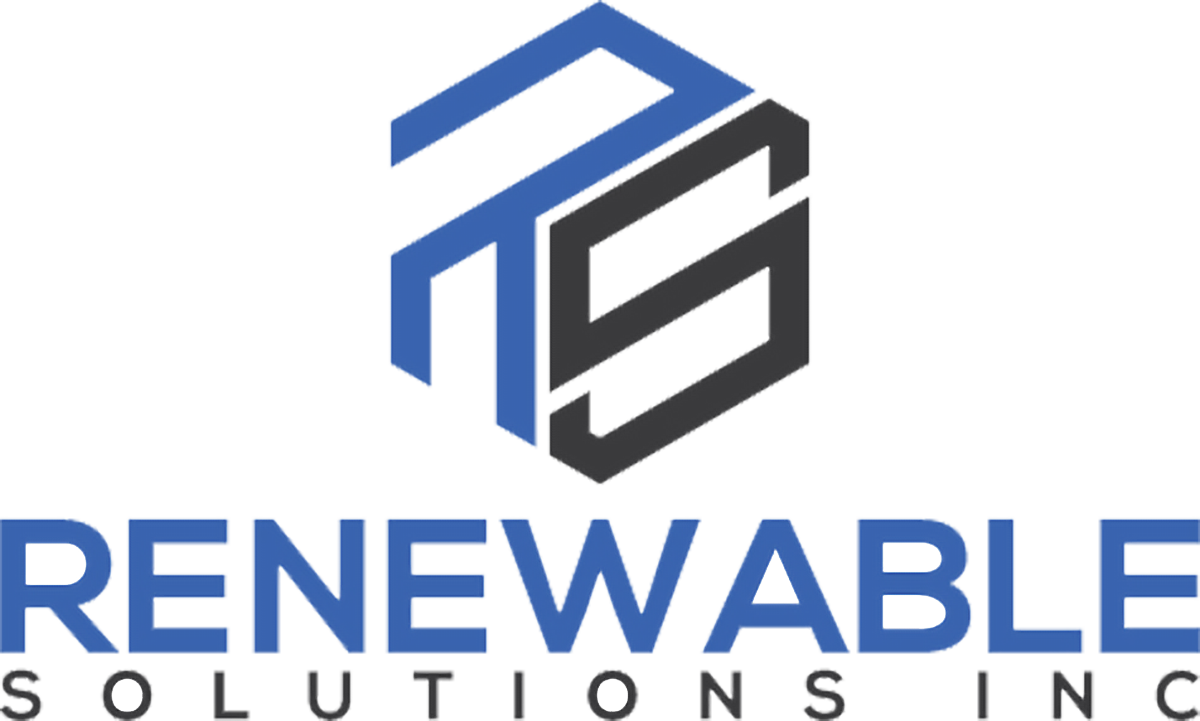Up to 30% Federal Tax Credit Available | $250-$1000 for customer referrals!
How to Pick the Best Solar Company for Your Home
Picking the right company for your solar power project may seem like a daunting task!
But fear not, you're here... on our website, and that puts you practically all the way to making a great decision on your solar. The thing is, here at Renewable Solutions, we aren't fearful of you checking out other companies in the area. In fact, we encourage you to take your time, look around and see how you feel about the interactions you are getting with the other companies. So we wrote this little piece for your knowledge on how to do your homework while still in the decision phase. Enjoy!
Read Time: 6 minutes
By Logan Vierstra
Table of Contents

The Best Qualities To Look For In A Solar Company
- Experience and expertise: You want a solar company that has been in the industry for a long time and has a proven track record of successful installations. You also want a solar company that has the necessary licenses, certifications, and insurance to operate in your state and local area. It's always ok to ask for references and portfolio examples as well.
- Quality and warranty: You want a solar company that uses high-quality and durable solar equipment from reputable manufacturers. You also want a solar company that offers a comprehensive and long-term warranty on the solar panels, inverters, batteries, and other components, as well as the installation and workmanship. A good warranty should cover at least 25 years for the solar panels and 10 years for the other parts.
- Service and support: You want a solar company that provides excellent customer service and support throughout the entire solar process, from the initial consultation to the final inspection and beyond. You also want a solar company that offers free energy audits, site surveys, design, engineering, permitting, financing, installation, monitoring, and maintenance. You should be able to contact the company easily and get prompt and professional responses to your questions and concerns.
- Financing and incentives: You want a solar company that offers flexible and affordable financing options that suit your budget and preferences. You also want a solar company that helps you take advantage of various incentives and rebates that can reduce the cost of your solar system. These may include federal, state, and local tax credits, grants, loans, net metering, and other programs. It’s important to work with a company who is familiar with these programs and all the red tape involved in getting through them. At Renewable Solutions we are well versed in all aspects of solar, and we commit to every homeowner to be the most knowledgeable, professional, and transparent in the solar industry. We also commit to every homeowner to provide the best possible value for their solar options.
How to Compare Solar Quotes and Prices
One of the ways our company sets ourselves apart from the rest is by recommending you get at least three quotes from different solar companies and compare them carefully. We don’t want you to believe what we tell you, we want to let you see our commitments come true for themselves. Here are some tips on how to compare solar quotes and prices:
- Compare apples to apples: Make sure that the quotes are based on the same system size, type, and specifications. For example, if one quote is for a 5-kilowatt (kW) grid-tied system with monocrystalline panels and microinverters, and another quote is for a 4-kW off-grid system with polycrystalline panels and a central inverter, they are not comparable.
- A reputable solar company won’t only take into account your current usage, but also your future usage. Do you plan to add an electric vehicle in the future? What about a hot tub? Would you like to use your air conditioning more than you do now? Then we’re going to want to plan for that. They will also be transparent about their shade analysis and production loss due to directional orientation These are all things that need to be taken into account, and can easily be misleading when properly sizing a solar system. Which is why at Renewable Solutions we aim to be the most transparent. We will actually open up our software and show you the homeowner, how and why we get to the system that we recommend to you.
- Compare the total cost and the cost per watt: The total cost is the amount that you will pay upfront or over time for your solar system, including the equipment, installation, permits, taxes, and fees. The cost per watt is the total cost divided by the system size in watts. This is a useful metric to measure the value and efficiency of your solar system. For example, if the total cost is $20,000 and the system size is 5 kW, the cost per watt is $4.
- Compare the savings and the payback period: The savings are the amount that you will save on your electric bills over the lifetime of your solar system, compared to what you would pay without solar. It is not uncommon for homeowners to save more than 6 figures by going solar. The payback period is the time it takes for your savings to equal your total cost. This is a useful metric to measure the return on investment and profitability of your solar system. For example, if the total cost is $20,000 and the annual savings are $2,000, the payback period is 10 years. The average payback period for residential solar in the U.S. is around 8 years.
How to Avoid Solar Scams and Pitfalls
When choosing a solar company, you should also be aware of some common solar scams and pitfalls that can cost you money and trouble. Here are some tips on how to avoid solar scams and pitfalls:
- Avoid high-pressure sales tactics: Some solar companies may use aggressive and deceptive sales tactics to pressure you into signing a contract or making a deposit. They may offer you unrealistic or misleading promises, such as free solar panels, guaranteed savings, limited-time offers, or government subsidies. They may also try to rush you or prevent you from comparing other options. You should always take your time and do your research before making any decisions. You should also know your rights and obligations as a consumer and a solar customer. Last but not least of the 3 commitments we make to every homeowner is that our first visit with you is not a sales call. We won’t even ask for your business. We aim to provide you and your loved ones an opportunity to sit with an industry professional in a no cost, no pressure, no obligation environment. This way you’ll be able to get all the information surrounding the programs and incentives you need in order to make an educated decision without the pressure.
- Avoid subpar or outdated equipment: Some solar companies may try to sell you subpar or outdated equipment that is low-quality, inefficient, or incompatible with your system. They may also try to charge you extra for features or services that are standard or unnecessary. You should always check the specifications and warranty of the solar equipment that you are buying or leasing. You should also compare the prices and performance of different brands and models of solar equipment.
- Avoid shady or unlicensed installers: Some solar companies may hire shady or unlicensed installers who are unqualified, inexperienced, or unprofessional. They may also subcontract the installation to third-party contractors who are not affiliated or accountable to the solar company. This can result in poor workmanship, faulty wiring, roof damage, code violations, safety hazards, or warranty issues. You should always check the credentials and references of the solar installers that you are hiring. You should also supervise the installation and inspect the final product.
Summing It All Up
Choosing a solar company is an important and personal decision that requires careful consideration and research. By following the tips and advice in this blog post, you can see for yourself our commitment to be the most knowledgeable, professional, and transparent in the industry, and to provide you with the best possible value, without the sales pressure, come true. You can also enjoy the benefits of solar energy for your home and the environment.
If you are ready to go solar, you can start by getting a free quote from us by clicking this link. We will help you find the best solar system for your home, and guide you through the installation process. You can also take advantage of various incentives and financing options that make solar more affordable and accessible than ever. Don't wait any longer, go solar today and enjoy the benefits of solar energy for years to come!
The Good Earthling
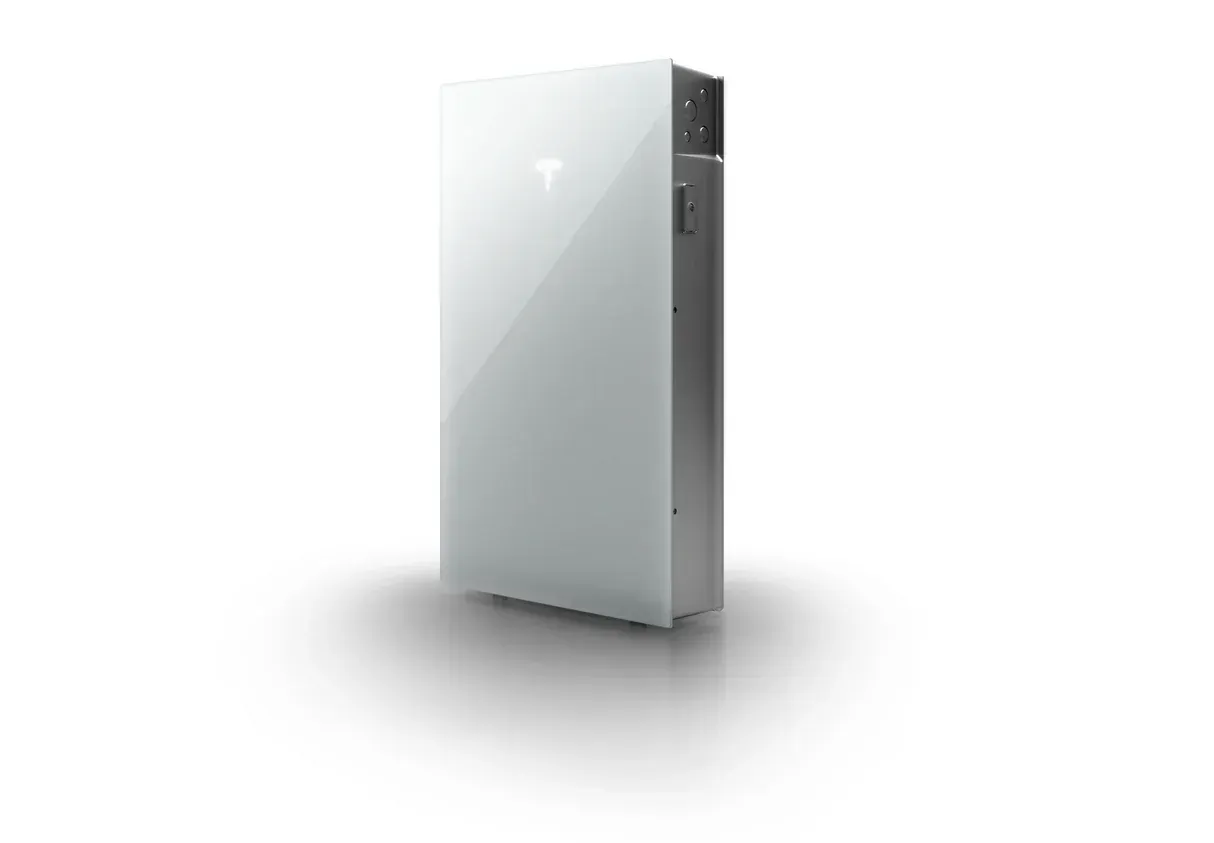

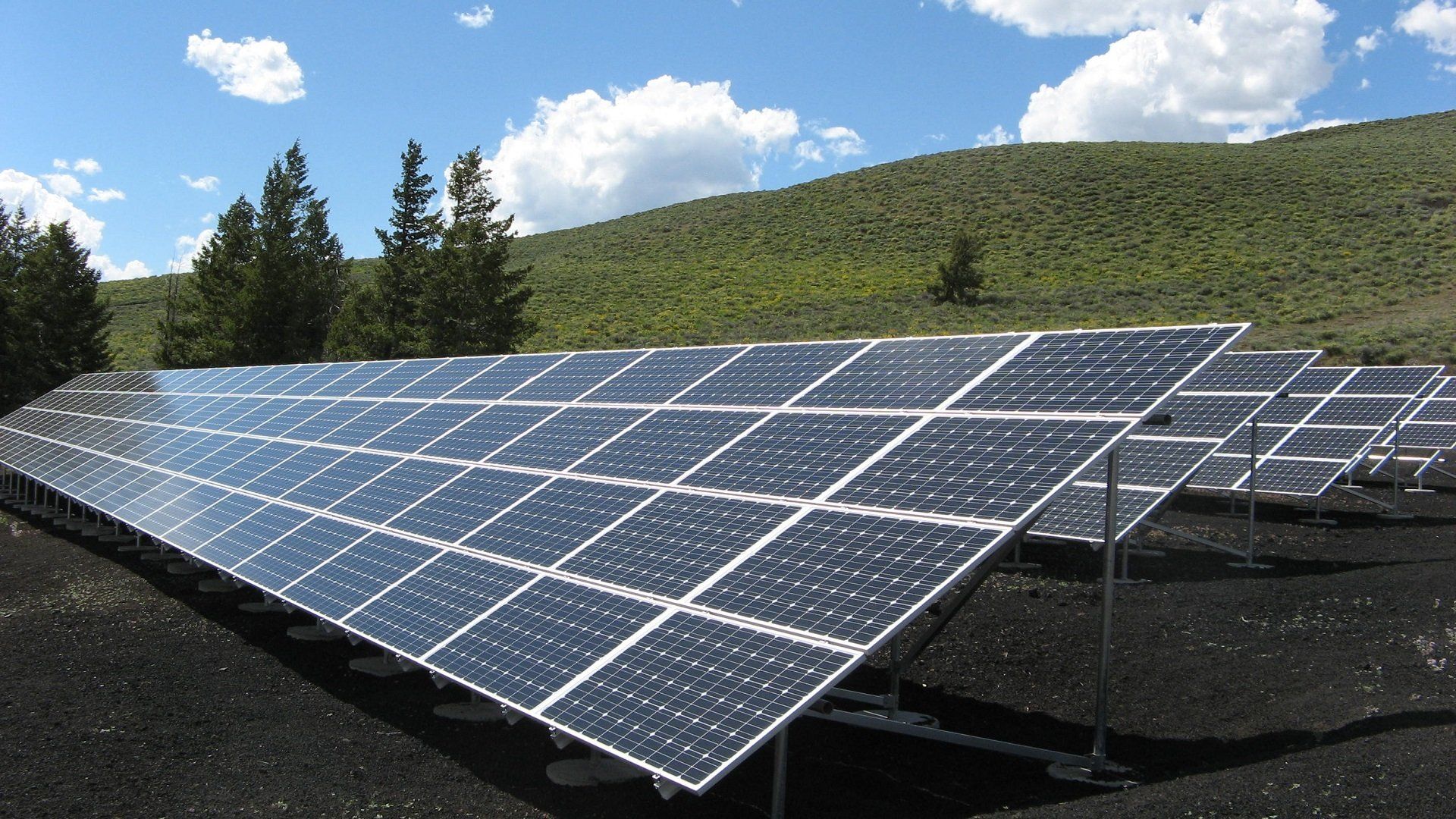
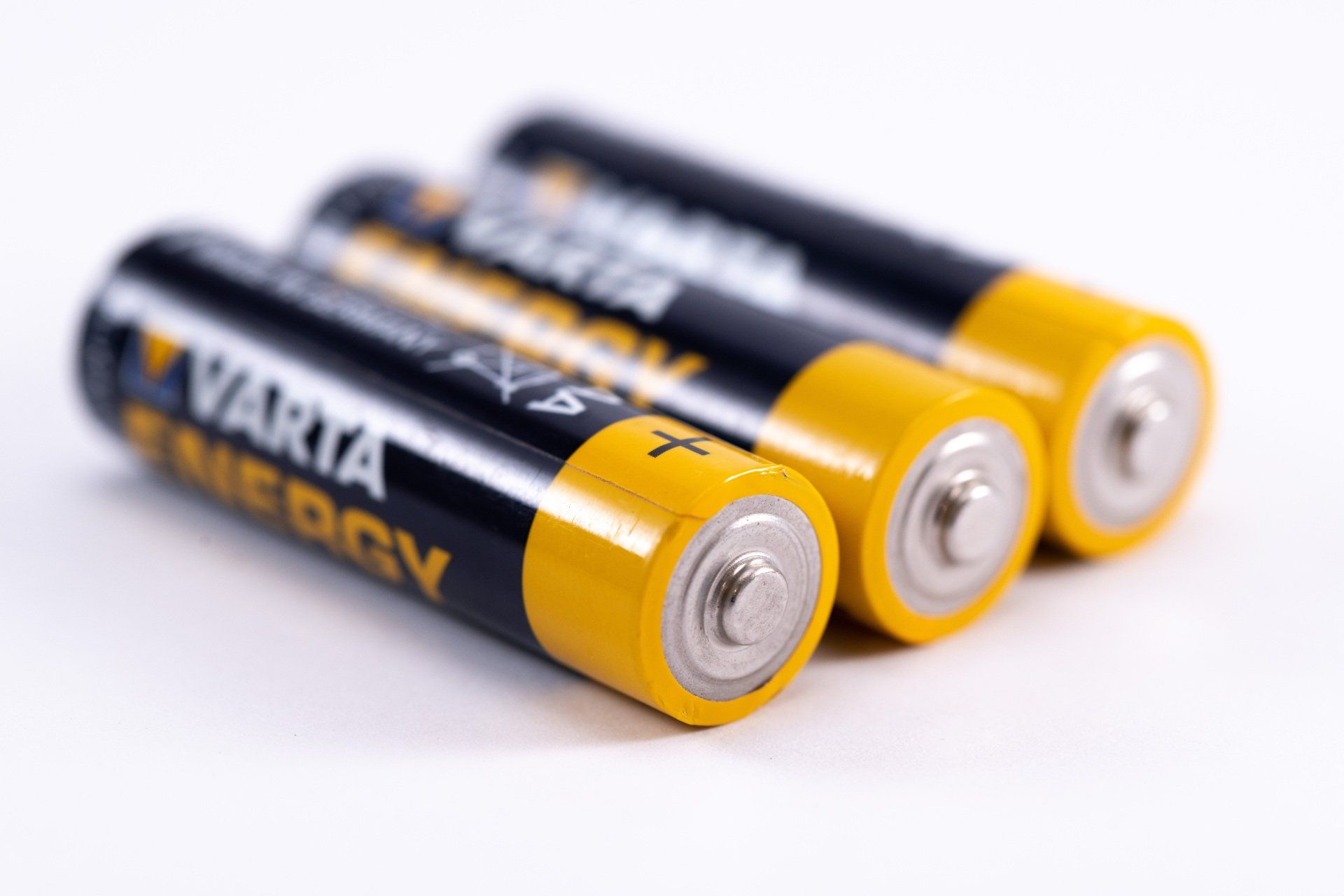
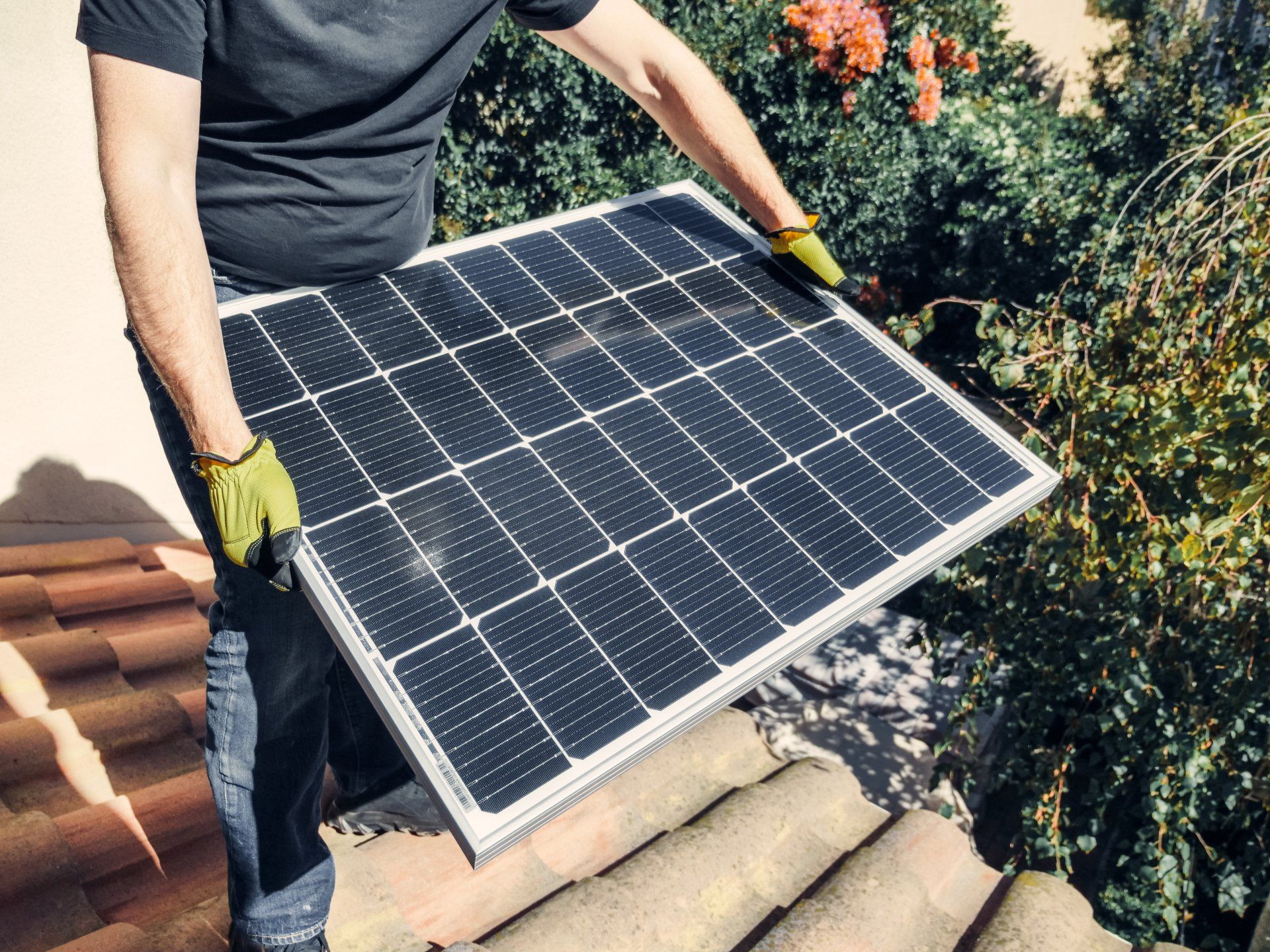
Offering solar, battery backup, roofing, and windows. Products that save you money and energy.
